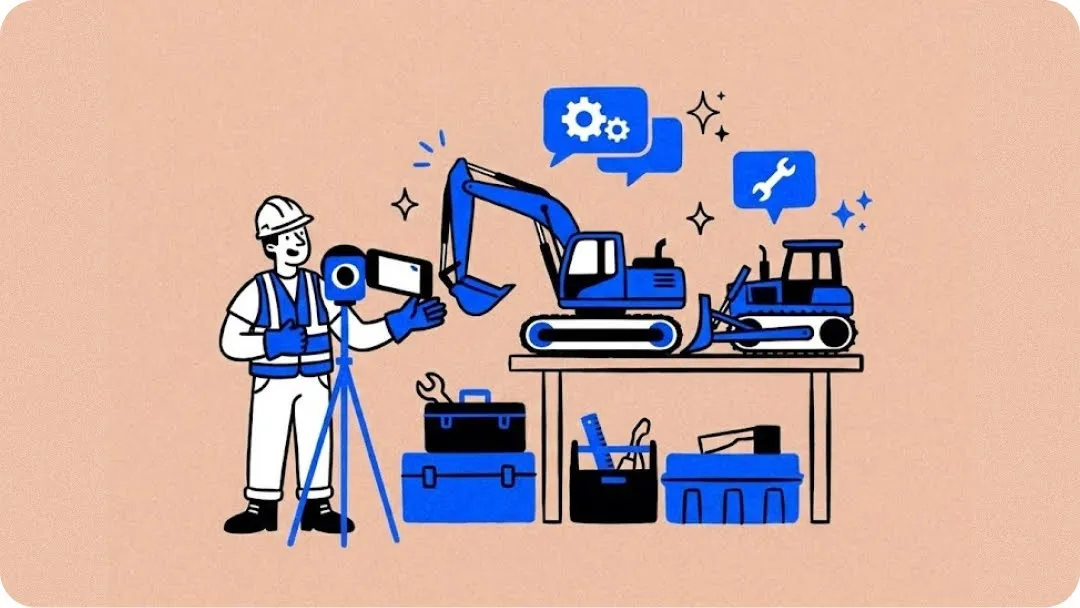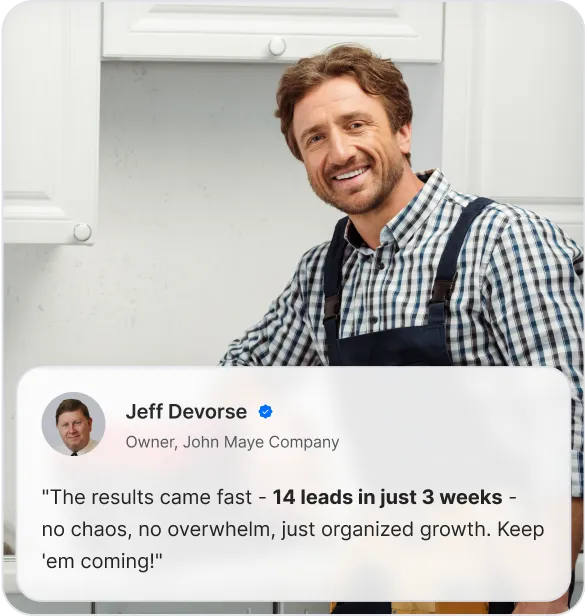Introduction
What if search engines were to suddenly become irrelevant?
Given that the majority of the traffic to your website today comes from search engines, how would your potential customers find you then?
And no, this is not a bizarre idea. But rather the evolving reality that came with Search 2.0.
With a dozen links popping up via AI overviews, upon searching anything on Google and people moving to ChatGPT, Claude, and Perplexity to get accurate answers to their queries, only being visible on traditional search is plain suicide for visibility, leads, or sales of any company.
Gushwork's AI Search Grader
So we built an AI Search Grader that gives you insights into how your brand appears when someone searches through any of the common AI-powered search engines.
And this free tool will help your brand stay relevant now and later!
Some key features of the AI Search Grader:
1. AI Visibility Score: Get a comprehensive view of your brand's online performance across top AI search engines.
A score between 0-100 indicates your overall performance. A score of 51-70 is considered good.

2. Brand Ranking: See how your brand ranks for key search queries as compared to your competitors.
For top queries across different AI platforms like ChatGPT Plus, Claude Opus, and Perplexity.

3. Detailed Insights: Understand how AI perceives your brand, including information on pricing, case studies, and testimonials.
Information AI models have about your company, including services, pricing, case studies, and differentiators.

4. Knowledge Tracker: Monitor your brand's knowledge growth over time with an intuitive graph
Detailed visual representation of your progress that allows you to identify trends and measure the impact of earlier optimizations.

Getting started with our AI Search Grader
1. Enter your website URL, name and work email.
2. Receive an instant, shareable report with actionable insights.
3. Use the insights to refine your content strategy and improve your AI search presence.
And it doesn’t end with just identifying the problem with your brand’s visibility on AI-powered search engines.
We Offer a Complete Roadmap for Enhancement Backed By Solid Data Driven Insights
- Deliver actionable insights based on your brand's performance analysis.
- Offer recommendations to improve visibility, sentiment, and overall performance on AI search engines.
- Suggest content creation strategies, including blog topics and keywords to target.
- Help optimize content, messaging, and marketing strategies to better engage your target audience and drive more traffic to your website.
Conclusion
Whether you're a small business owner, a marketer, or a large enterprise, the AI Search Grader will help you unlock your brand's full potential in the age of AI-based search!
Frequently Asked Questions
What is AI Search Grader?
Gushwork’s AI Search Grader is a free tool that analyzes your brand's performance on AI-powered search engines.
Why do I need to use AI Search Grader?
As more users rely on AI search engines like ChatGPT and Perplexity for information, brands that fail to establish a strong presence in these search results risk missing out on valuable opportunities to engage with their target audience and potential customers.
Who can benefit from using AI Search Grader?
Our AI Search Grader is designed for marketers, SEO professionals, entrepreneurs, blog owners, and anyone interested in improving their brand's visibility on AI search engines to increase traffic, awareness, and sales.
How does AI Search Grader?
Simply enter your website URL and provide your contact details. AI Search Grader will then generate a free analysis of your brand's sentiment and share of voice in AI search results, along with an overall performance score.

















.avif)


.webp)








.webp)
.svg)


.svg)
.svg)
.svg)




.svg)


